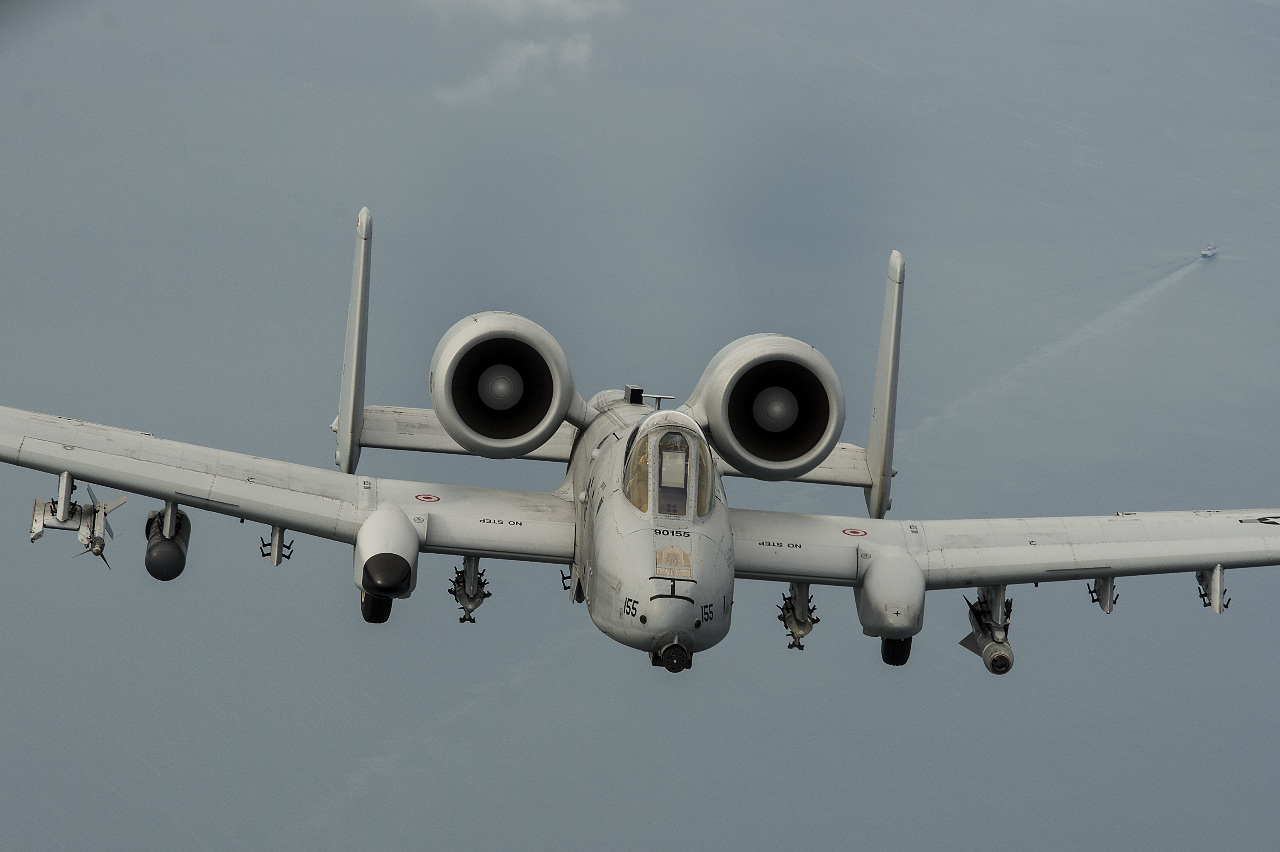Amid persistent tensions relating to territorial disputes in the South China Sea, U.S. Defense Secretary Ash Carter has announced that USAF aircraft and airmen will remain on an extended deployment in the Philippines, following the annual Balikatan exercise, to help patrol the region.
Carter was in the Philippines to discuss implementation of the Enhanced Defense Cooperation Agreement (EDCA) between the two countries, covering support for the modernization of the Philippine Armed Forces, and the commencement of the U.S. maritime security initiative.
The maritime security initiative, announced at last year's Shangri-La dialogue, represents a $425m five-year commitment by the U.S. DoD to help countries in the area to share information, identify potential threats and work collaboratively to address common challenges in the region's waters. The initiative is targeted at five main ASEAN states – Indonesia, Malaysia, the Philippines, Thailand and Vietnam – along with Singapore, Brunei and Taiwan. Most of the first tranche of this money (almost $42m) has been earmarked for the Philippines.
The specific measures announced by Carter were:
First, the start of joint maritime patrols in the South China Sea to help build interoperability and improve the Philippines Navy.
Second, a contingent of U.S. aircraft and their crews and pilots that participated in Balikatan will remain behind at Clark Airbase. The initial contingent will include five A-10 Thunderbolt aircraft, three H60G Pave Hawk helicopters and one MC-130H Combat Talon aircraft. 200 airmen, including pilots, will continue joint training, conduct flight operations in the area, including the South China Sea, and lay the foundation for joint air patrols to complement ongoing maritime patrols.
Third, a command-and-control node made up of American personnel will remain in the Philippines after Balikatan. They will continue exercising combined U.S.-Philippines command-and-control capabilities and support increased cooperative activities in the region.

